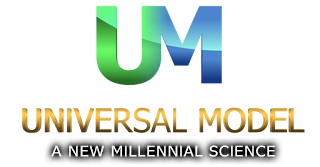Eureka October Journeyman Class
Hey guys! I am really excited to get to do Journeyman with you this year. We are studying economics. It is going to be a lot of fun!
Study and Learn:
- Read the first four chapters of Whatever Happened to Penny Candy (pages 18-38) Spend some time thinking about these chapters. If you don't know a word look it up. Really study these principles. Your knowledge is going to come in handy. We will be doing a simulation, possibly involving chocolate, and the more you know the better you will do.- Talk to your parents or grandparents about some of the things that they used to buy, that now cost more because of inflation. Come up with a list of 8 things and their prices. Have fun with this. See if you can find out what changed the most.
Know and Understand:
Do one of the following.
We do not have a lot of time in Journeyman and I want most of it to be used for the simulation, so instead of doing a full-on presentation I just want you to do a show and tell for us. You have about thirty seconds to tell us what you learned. Visual aids are appreciated.
- Prepare a 30-60 second Show & Tell about one of the stranger things that has been used as money over the years. Explain why it was considered valuable.
- Or prepare a Show & Tell on one of the principles taught in the book that stuck out to you. Tell us why.
Become and Serve:
- Journal about why Economics is important for us to learn and how the things you learn can affect you.
- Or create an Economic acronym such as TAANSTAAFL ( There's No Such Thing As A Free Lunch ) Come prepared to share it and tell us how it can help you be smart when it comes to money.




